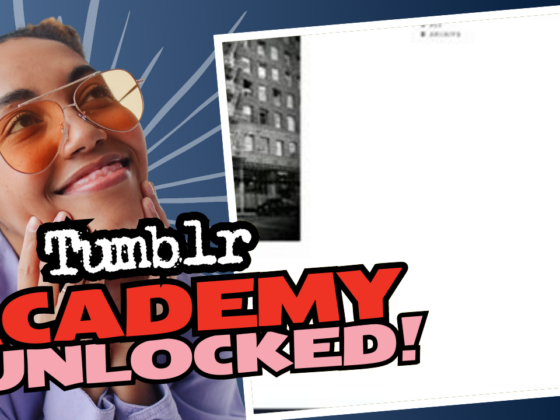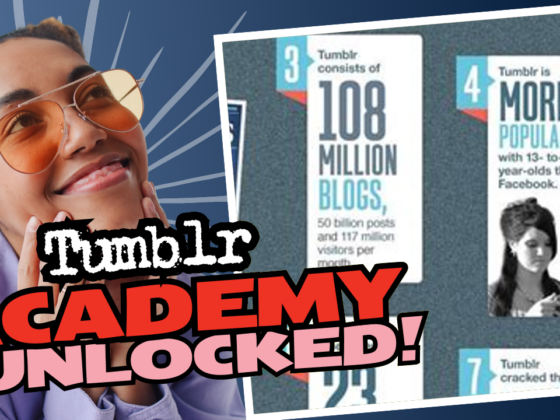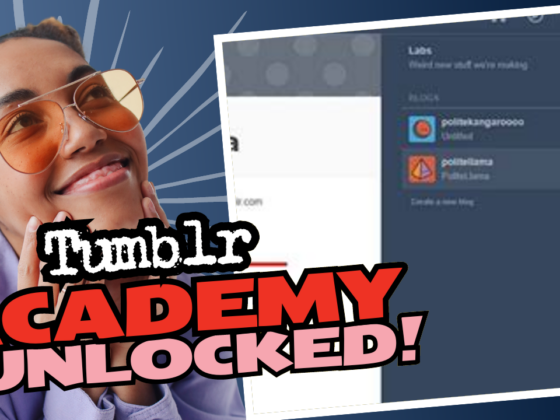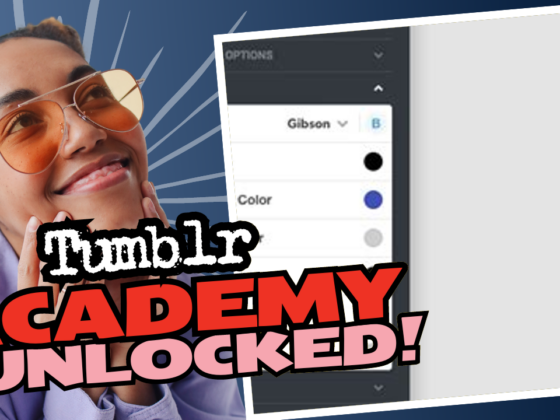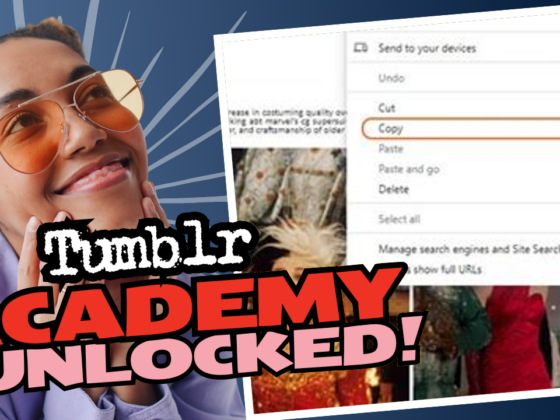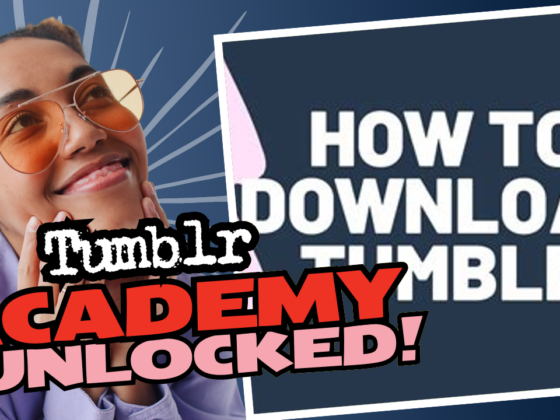The Confusing Quagmire of Compulsory Heterosexuality and Tumblr’s Oopsies
Ah, here we go again! A deep dive into the murky waters of gender, sexuality, and social media. The term compulsory heterosexuality, often shortened to comphet, has become a central issue among many Tumblr users. With rising discussions about identity, it’s no surprise that people misuse or misinterpret terms like these, creating a convoluted mess that does little to accurately capture the complexities of human sexuality. Spoiler alert: it’s not just a cute term you toss around without understanding.
What’s Compulsory Heterosexuality Anyway?
Originally coined by feminist scholar Adrienne Rich, the concept of compulsory heterosexuality describes the societal pressure on women to portray heterosexual relationships as the norm, even when they may not feel any genuine attraction to men. It suggests that many women find themselves trapped in a heterosexual framework, feeling compelled to conform for fear of social repercussions. So far, so good, right?
But here’s where the ‘oopsie’ comes in. Many people have taken that term and flipped it into ‘compulsive heterosexuality’ (seriously, what?!), implying that you need a burning desire to be with men, which is confusing at best and downright insulting at worst. If you’re a woman who identifies as a lesbian, you know the obvious truth: you don’t want to be romantically involved with men—like, ever. That’s not comphet; that’s straight-up identity, darling!
How Tumblr Misunderstands Compulsory Heterosexuality
Next time you scroll through your dash and see someone describing their “crush” on a male celebrity as a symptom of comphet, just facepalm. Many Tumblr users seem to have misconstrued the term into a catch-all that does nothing but muddy the waters further. It’s almost comical how often people forget that feelings of arousal toward men do not equate to being a lesbian! You’re not being seduced by the media’s portrayal of perfect boyfriends; you might just have some cultural conditioning to untangle.
Let’s get real: the slippery slope of defining attraction is frustrating. Too often, young bi women or even straight women come into spaces meant for lesbians, loudly proclaiming their fandom crushes. It reminds you of that one annoying friend who insists on sharing every detail of their romantic life—yawn. Are we here for celebrity crush culture, or are we discussing real feelings? Hmmm, tough choice!
The Overlapping Layers of Identity and Attraction
What’s truly frustrating is watching these misunderstandings foster an environment where real experiences are diluted. Comphet was meant to serve as a useful framework for women who felt pressured into heterosexuality, not as a weapon to define every fictional lust. And don’t even get me started on the idea that these celebrity crushes somehow validate one’s sexual identity. Newsflash: just because you think Brad Pitt is cute doesn’t make you less of a lesbian!
And let’s not forget those pesky social pressures. You might think you like men because your friends tell you to, and you’re simply trying to figure things out as you cope with societal expectations (hello, pressure!). But if you’re consistently turning your thoughts toward women in a romantic way, leaning into compulsory heterosexuality doesn’t make you bi; it could merely highlight how society pushes all of us to try and fit into a neat little box.
Yet, despite all these confounding notions, it’s vital to recognize the roots of comphet. It can still illuminate the challenges faced by women as society gaslights us into believing our attractions must fall into neat categories. If you’ve ever questioned your identity while navigating this complicated realm, know you’re not alone!
If you’re still scratching your head about whether Tumblr has truly misused comphet or just need a sounding board for your thoughts, don’t hesitate to connect with us! We’re here for all those awkward moments of self-discovery and conversation around heteronormative pressure—and we’ll help you sift through the noise!


